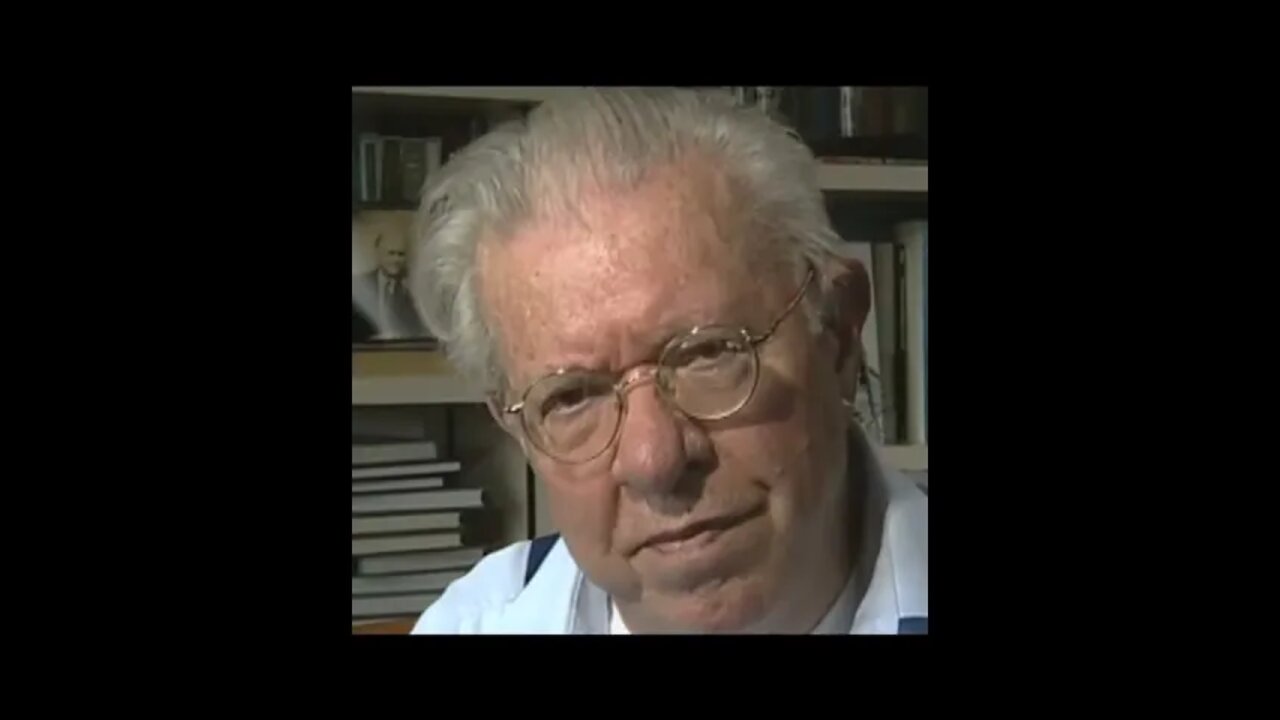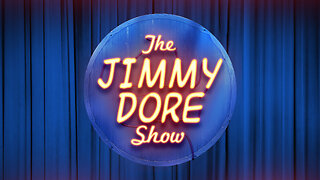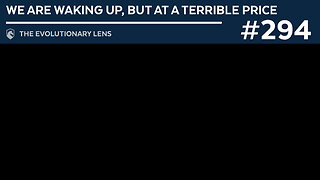Premium Only Content

💥Sir Fred Hoyle FRS ✌Big Bang✌💥
Sir Fred Hoyle FRS (24 June 1915 – 20 August 2001) was an English astronomer who formulated the theory of stellar nucleosynthesis and was one of the authors of the influential B2FH paper. He also held controversial stances on other scientific matters—in particular his rejection of the "Big Bang" theory, a term coined by him on BBC radio, and his promotion of panspermia as the origin of life on Earth. He also wrote science fiction novels, short stories and radio plays, and co-authored twelve books with his son, Geoffrey Hoyle.
✌We now come to the question of applying the observational tests to earlier theories. These theories were based on the hypothesis that all the matter in the universe was created in one big bang at a particular time in the remote past. It now turns out that... all such theories are in conflict with observational requirements.
BBC radio broadcast, March 28, 1949. Reprinted in April 1949 in The Listener, a BBC magazine.
It is in the world of ideas and in the relation of his brain to the universe itself that the superiority of Man lies. The rise of Man may justly be described as an adventure in ideas.
Frontiers of Astronomy (1955), p. 1
Space isn't remote at all. It's only an hour's drive away if your car could go straight upwards.
"Sayings of the Week", The Observer (9 September 1979)
Life cannot have had a random beginning … The trouble is that there are about two thousand enzymes, and the chance of obtaining them all in a random trial is only one part in 1040,000, an outrageously small probability that could not be faced even if the whole universe consisted of organic soup.
Fred Hoyle and N. Chandra Wickramasinghe, Evolution from Space (London: J.M. Dent & Sons, 1981)
The creationist is a sham religious person who, curiously, has no true sense of religion. In the language of religion, it is the facts we observe in the world around us that must be seen to constitute the words of God. Documents, whether the Bible, Qur'an or those writings that held such force for Velikovsky, are only the words of men. To prefer the words of men to those of God is what one can mean by blasphemy. This, we think, is the instinctive point of view of most scientists who, curiously again, have a deeper understanding of the real nature of religion than have the many who delude themselves into a frenzied belief in the words, often the meaningless words, of men. Indeed, the lesser the meaning, the greater the frenzy, in something like inverse proportion.
Our Place in the Cosmos (1993), p. 14
To achieve anything really worthwhile in research it is necessary to go against the opinions of one's fellows. To do so successfully, not merely becoming a crackpot, requires fine judgement, especially on long-term issues that cannot be settled quickly. ...To hold popular opinion is cheap, costing nothing in reputation, whereas to accept that there is evidence pointing oppositely... is to risk scientific tar and feathers. Yet not to take the risk is to make certain that, if something new is really there, you won't be the one to find it.
Home Is Where the Wind Blows: Chapters from a Cosmologist's Life (1994) p. 235.
I do not see any sense in continuing to skirmish on a battlefield where I can never hope to win. The Cambridge system is effectively designed to prevent one ever establishing a directed policy — key decisions can be upset by ill-informed and politically motivated committees. To be effective in this system one must for ever be watching one's colleagues, almost like a Robespierre spy system. If one does so, then of course little time is left for any real science.
As quoted by Bernard Lovell in Hoyle's obituary in The Guardian (23 August 2001)✌
More: Fred Hoyle: "I don't believe in the Big Bang"
https://youtu.be/D_ljdz5YsFI.
#Shorts #Fred #Hoyle #Sir #That #Big #Bang #Theory
-
 1:20:06
1:20:06
Kim Iversen
2 hours agoRIP Charlie Kirk: When Words Fail, They Reach for Guns
52.9K97 -
 LIVE
LIVE
The Jimmy Dore Show
2 hours agoCharlie Kirk SHOT During Utah College Event! Rand Paul Has PROOF Fauci Lied About Deleting Emails!
10,457 watching -
 2:47:04
2:47:04
DDayCobra
3 hours ago $10.29 earnedCharlie Kirk SHOT
59.6K21 -
 LIVE
LIVE
LFA TV
12 hours agoBREAKING: CHARLIE KIRK ASSASSINATED - WEDNESDAY 9/10/25
3,037 watching -
 1:14:30
1:14:30
Redacted News
3 hours agoBREAKING! CHARLIE KIRK SHOT BY ASSASSIN IN UTAH, TRUMP CALLS FOR NATIONAL PRAYERS
197K340 -
 3:50:27
3:50:27
Right Side Broadcasting Network
9 hours agoLIVE REPLAY: Latest News from the Trump White House - 9/10/25
287K85 -
 1:12:05
1:12:05
vivafrei
6 hours agoLegacy Media is the Enemy of the People! Israel Stikes Qatar, U.S., Gets Mad! AOC So Stupid & MORE!
134K75 -
 52:13
52:13
The Quartering
5 hours agoRace War Nears, Russia Makes Huge Mistake, Fauci Bombshell & More
157K83 -
 LIVE
LIVE
Dr Disrespect
7 hours ago🔴LIVE - DR DISRESPECT - THE FINALS - NEW SEASON 8 LAUNCH EVENT W/ THE SHOTTY BOYS
1,040 watching -
 1:44:11
1:44:11
Darkhorse Podcast
6 hours agoWe are waking up, but at a terrible price: The 294th Evolutionary Lens with Bret Weinstein and Heather Heying
141K14